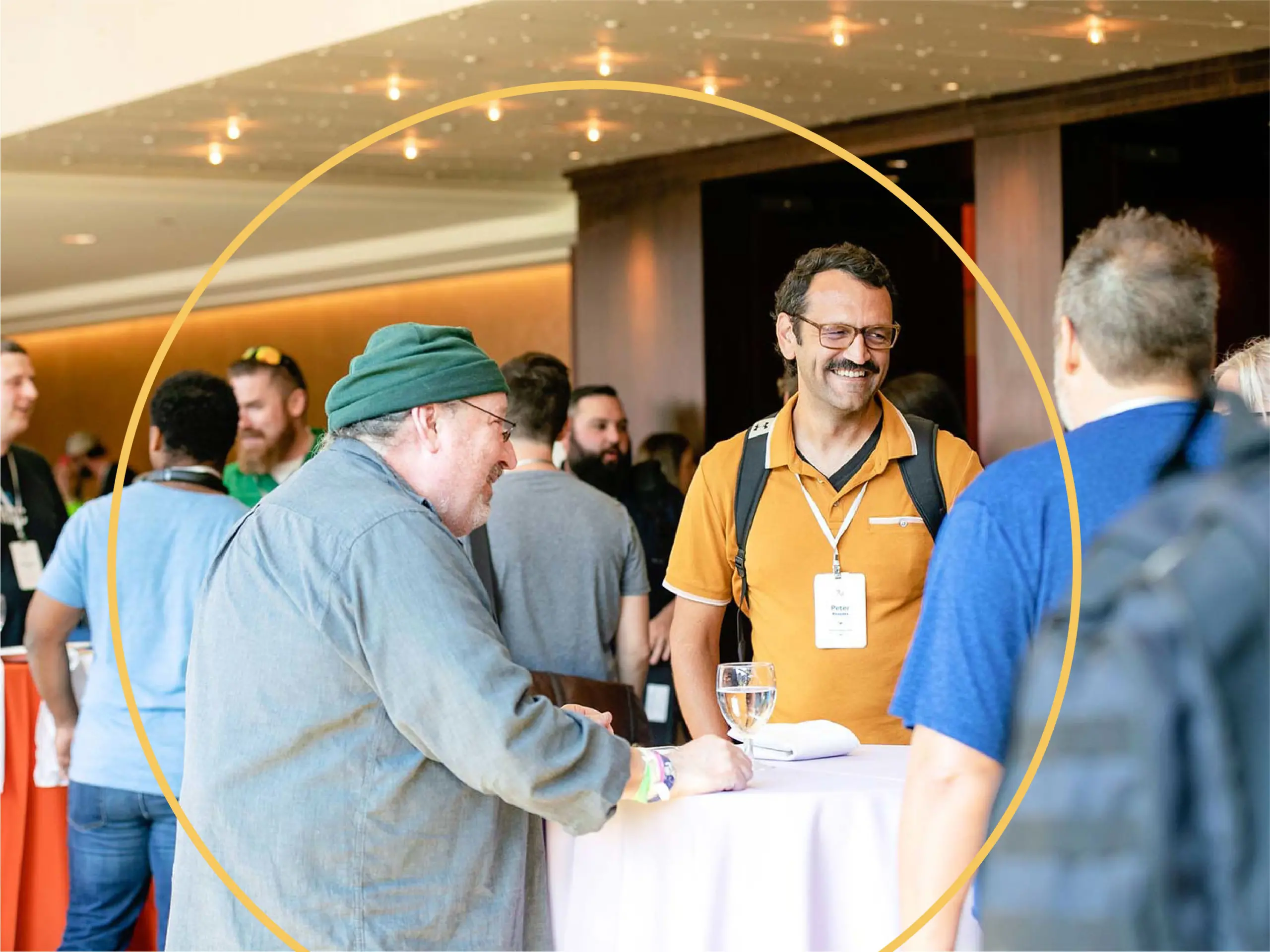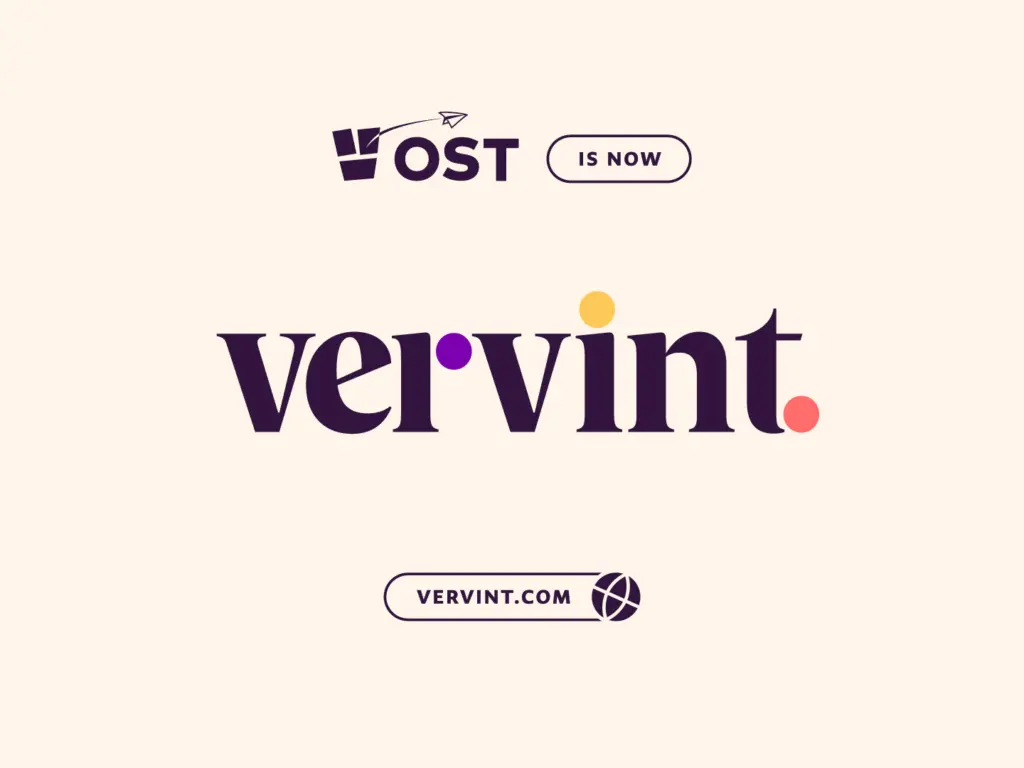At Vervint, our company culture defines who we are. Our principles of honor, delight, serve, embrace, and learn are embedded in everything we do. We believe in honoring our people and their families first, and the rest will fall into place. Each quarter, President and CEO Meredith Bronk meets all recent new hires for lunch. It’s an opportunity for new employees to interact with our CEO in a small, intimate environment. Meredith asks each of us a few questions to create a dialogue in the spirit of honesty and openness. One of those questions is: What do you need to unlearn to succeed at Vervint?
Since mid-March, many organizations have been operating under entirely new circumstances than they were six months ago. Eleven weeks ago, we were all told to shelter in place to help stop the spread of COVID 19. Offices were emptied as entire workforces left to begin working from their own individual homes. For CEOs and management teams, the shift to an entirely remote workforce presented a series of immediate concerns, including: how do we maintain company culture during this time?
Given the speed at which the working environment is changing and leaders have had to adapt, I wanted to ask Meredith that same question: What do you need to unlearn to succeed?
Q: Meredith, what does unlearning mean to you?
A: When you come to a place like Vervint where hierarchy is not part of our general decision making tree, you have to unlearn that habit that says, ‘I have to go to my upline, I have to talk to my boss’ because the fastest path to get things done is often different than that at a place like Vervint.
It’s as much about reprogramming what has worked as it is about creating a new mindset and developing new habits to work differently. It isn’t just about learning something new, but about really consciously saying, ‘I’ve been in an organization that’s very hierarchical, so one of the habits I’ve learned is that I’m protective of my communication path.’ Unlearn is really about thinking about the mental and physical systems that we have in place and recognizing how those need to change to adapt to whatever this new circumstance is, which for us is, culturally, what are those habits that have served you well in other environments that are going to be different. You’ll need different systems in this new environment.
Q: What do you need to learn, and unlearn, to succeed in today’s uncertain environment?
A: If I think back to, what have I had to unlearn: communication and communication styles. Part of my persona is very relational and high touch. I try to be relatable and reach out to people and talk to people in the kitchen and understanding what’s going on in people’s worlds. That’s been part of my system. I’ve had to create new systems of intentionally reaching out to people. How do I do it in a way that doesn’t feel forced? It is different for the people who are experiencing the outreach. As an executive team, we’ve used our executive staff meetings for topic driven decision making. Any other conversations have largely been on the fly. We’ve set up a new ritual where we have standups three days a week. That has been hugely helpful. Even with onboarding new staff, we are much more inclusive in how we stay in touch and more efficient than what we have done in past. We consider the needs and working environments of new employees and employees in other locations.
The unlearning part is about replacing the wiring in how I function, how I see myself as a leader, how I get information, how I am disseminating information. The unlearning is: I need to consciously change the wiring of the default behavior I’ve always had. It makes me wonder when we go back, how will that continue to evolve? I’m constantly on the lookout for how I’m going to need to rewire.
Q: How have you worked to maintain culture during this time?
A: There is this presumed tension in maintaining culture during growth. The same is true with presumed tension on culture in separation. It’s something that you feel. One of the things we’ve done to maintain culture is provide our leaders and managers with what they need so they can ensure their teams are feeling connected. How are we ensuring our managers and leaders are being effective and thinking about and attacking not just work-related things but our culture, too? I meet with the extended leadership team twice a week and we talk about not only the business, but the cultural elements. How is your team doing; how are you connecting? I’ve delivered a weekly video message at the end of each week. We’ve also had multiple company wide happy hours to answer questions and spend time together. We conducted a survey to get feedback. Getting feedback is an extension of our culture. We can’t provide for something that we’re unaware of. In an employee first environment, we have to make sure as the teams needs change, we are attuned to those changes so we can adapt to them.
Q: What characteristics shape a strong leader during any time of uncertainty?
A: I was reading an article and a comment that stuck with me is: Leaders trust their teams with the truth. In a time of fear and uncertainty, the truth can be scary. I think having confidence in the truth and finding an empathetic way to communicate that in a way that helps people is important. Leaders should have the ability to speak the truth in a way that informs and gives people confidence. From a business perspective, leaders should have the ability to see opportunity. It’s easy to get into survival mode. Great leaders see opportunity.
Q: How would you inspire others who may be hesitating or fearful as they move through this environment?
A: The message to our team, which I would encourage leaders to send, is one of hope. Envision the future as what you want it to be. I envision at Kickoff next year celebrating the grit and determination and creativity that everyone exhibited this year. I envision the new stories that we’re going to share about clients that we haven’t even talked about yet, how we helped them transform. I envision break out topics highlighting how we came together to provide the value that we do. I envision a sense of togetherness that comes from when you survive things. In the struggle, these bonds that are formed in hardship. As leaders we have to cast that future because we have to make it so. There is some uncertainty. What I expect to see a year from now, that part becomes clearer, and it helps me decide what to do today. That becomes way more powerful for each of us, because creating that best future happens when we work together.
Why Vervint
Every company has a personality. At Vervint, our positive energy is contagious—open and approachable. We’re not your average technology and design services company. We’ve got your back in everything we do. Contact us to start the conversation.


